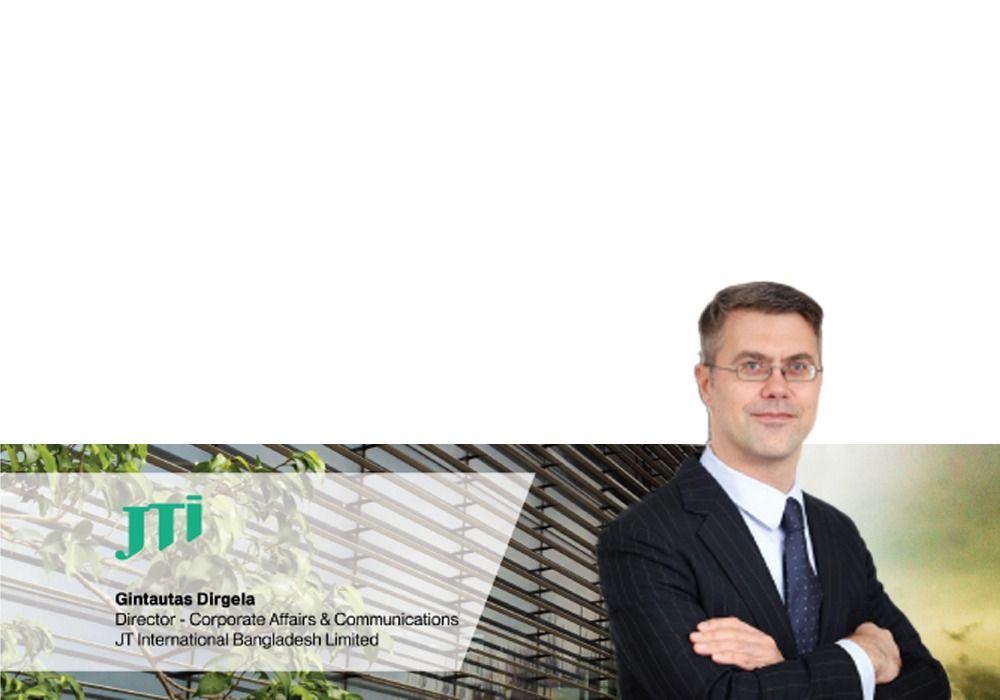- info@ficci.org.bd
- |
- +880248814801, +880248814802
- Contact Us
- |
- Become a Member
- |
- |
- |
- |
- |

Bangladesh is at a critical juncture in its economic development. As the nation aspires to achieve upper-middle-income status by 2031, the decisions made today will profoundly impact the investment climate, economic resilience, and overall prosperity of the future. Aligning government policies with the needs of businesses, investors, and society is crucial for this progress. A strategic and holistic approach to policymaking, coupled with robust public-private partnerships, can unlock untapped potential and position Bangladesh as a premier destination for sustainable investments.
For foreign investors, the predictability of tax policies is as important as the tax rates themselves. Unpredictable changes in tax laws can lead to increased costs and operational disruptions, deterring potential investors who recognizes the significant potential in Bangladesh, but this optimism must be supported by consistent policies and regulations. Abrupt changes to tax and policies, without adequate consultation or impact analysis, can lead to unpredictability and frustration for those with long-term plans. Investment decisions are not merely financial; they are a testament to confidence in a country's economic environment. Sudden tax changes or hasty policy amendments can undermine that confidence. To attract and retain foreign direct investment (FDI), Bangladesh must position itself as a nation where investors feel heard, valued, and secure.

Tax and policy reforms can have wide-ranging economic impacts. Policymakers must carefully consider how changes in tax rates/structures and policy changes will affect economic growth, employment, investment, livelihoods and government revenue. There is often a trade-off between short-term benefits and long-term economic disruptions. Maintaining revenue neutrality-ensuring that reforms do not significantly reduce government revenue-is a critical challenge. Safeguarding the long-term sustainability of any reform is essential. Policymakers must design reforms that are adaptable to future economic conditions and can withstand political changes. Addressing these challenges will require a comprehensive and inclusive approach, involving stakeholders from various sectors and ensuring that reforms are well-planned and effectively communicated.
Multinational companies, such as JT International Bangladesh Limited, have shown how stakeholder engagement can enhance the nation's profile on the global investment stage. The collaborative approach of involving businesses, industry representatives, and other affected parties in policymaking should extend beyond individual institutions and become a hallmark of our governance, as their experiences provide valuable insights into the practical implications of policy decisions, ensuring that conclusions are grounded in reality.
Good governance, transparency, and coordination across government agencies are fundamental to creating a robust investment environment. Decisions affecting industries should be made with full alignment among all relevant entities. When agencies work in silos or bypass established protocols, the consequences reverberate throughout the economy. Misalignment not only delays reforms but also creates uncertainty for businesses. Clear accountability and unified strategies are critical to ensuring that policies are implementable, effective, and sustainable.
 Bangladesh's economic journey is marked by persistence and ingenuity, with foreign investments bringing in capital, technology, expertise, and global best practices. In agriculture, FDI has led to higher yields, reduced reliance on hazard- ous chemicals, and more sustainable farming practices. To sustain these benefits, Bangladesh must create a stable, transparent, and inclusive business environment. Public-private partnerships are crucial, combining business innovation and efficiency with government regulatory frameworks and visions for overall growth. Together, we can tackle bottlenecks like bureaucratic inefficiencies and infrastructure needs.
Bangladesh's economic journey is marked by persistence and ingenuity, with foreign investments bringing in capital, technology, expertise, and global best practices. In agriculture, FDI has led to higher yields, reduced reliance on hazard- ous chemicals, and more sustainable farming practices. To sustain these benefits, Bangladesh must create a stable, transparent, and inclusive business environment. Public-private partnerships are crucial, combining business innovation and efficiency with government regulatory frameworks and visions for overall growth. Together, we can tackle bottlenecks like bureaucratic inefficiencies and infrastructure needs.
The challenges before us are not insurmountable. With thoughtful and decisive actions, Bangladesh can position itself as a beacon for sustainable investment and economic dynamism. By fostering trust and coopera- tion between the public and private sectors, we can ensure that our policies are not only forward-looking but also comprehensive and fair.

As we move forward, let us remember that growth is not an end in itself. The true measure of progress lies in its ability to uplift lives, create opportunities, and build a future that benefits all. Bangladesh has the potential to achieve this, provided we are willing to embrace dialogue, collaboration, and the principles of good governance. The journey may be complex, but the rewards-a thriving, wide-ranging, and resilient economy-are well worth the effort.





